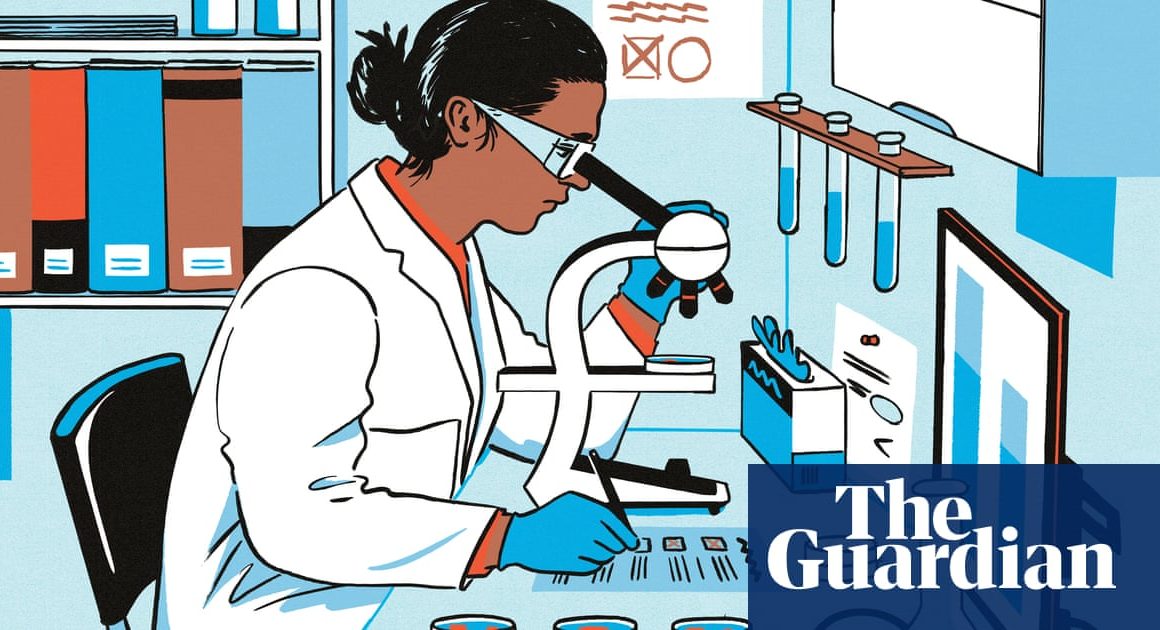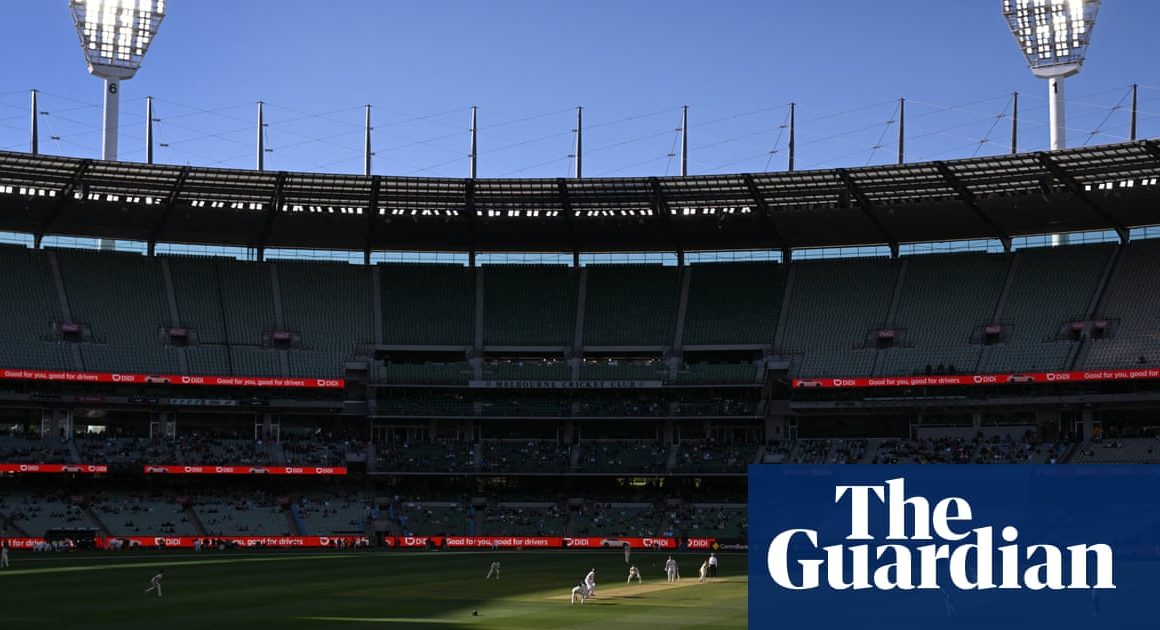“Now I am crying because you are sitting there.”
“I am sorry,” I say, preparing to jump up.
“No, please stay!”
This is our first meeting. “There” is by her feet, tucked to one side of her hospital bed to make room for me. She has been interrogated and prodded by all types of doctors. “The moment I saw her, I knew she needed you,” the last of her specialists told me.
Oncologists like me aren’t flattered by such statements: when called to see a patient at the tail end of an admission, it’s to deliver the worst kind of bad news. Or more accurately, to collect the fragments of bad news into a cogent explanation and confirm what everyone has hinted at: the illness is serious and the prognosis grave.
She is a wife, mother and the kind of amicable person one could readily imagine delivering just-baked cookies to a friend or offering to mind a neighbour’s baby.
After weeks of investigations for recurrent cancer, she is despondent.
One surgeon places her on the operating list. A second, junior surgeon isn’t convinced but holds his tongue. A third surgeon, who was scheduled to perform the operation, cancels it and I see why: while surgery is technically feasible, the most predictable outcome would be to prolong hospitalisation at the risk of wasting what precious time remains of her life.
She has a clear-eyed understanding of her impossible situation but still, filling in the gaps feels punitive. I tell her the surgeon was right to spare her the futile surgery.
We discuss that chemotherapy would be unhelpful. She asks how long, then adds she figures time is short. I touch her arm, swallow and nod.
And then she is crying. The teardrops are plunging from her eyes, sliding down her cheeks and into the back of her sleeve. I look around for tissues; she tearfully jokes that we are in a public hospital.
But here is the thing. She isn’t crying because I have just admired her unrivalled poise. She is not even crying about her prognosis or that she won’t see the grandchildren growing up.
She is crying, she says, because kindness melts her.
One surgeon sat there, she says with a grimace, pointing to the window sill. From his perch, he spoke quickly and loudly, telling her she was dying and seemingly wanting the “whole world” to know. In the middle of speaking, he took a phone call – she had found his blitheness unforgivable.
In contrast, she argues, the junior surgeon was professional and kind. He had pulled up a chair and made eye contact. His honesty and warmth were so comforting that she memorised his name. Her eyes light up – as do mine, because it just so happens she is describing my friend.
I first met him when I was trying to talk a dying patient out of surgery but not getting very far. Just then he arrived and after waiting for me to finish, gently took the man’s hand and said, “If you were my father, I wouldn’t want you to have an operation.” His soft tone settled the matter and I remember thinking that if ever there was an example of a healing touch, this was it.
My patient is crying again, and she tells me that now she is crying at the memory of a single incident that will define her stay.
One morning, a bevy of doctors had towered by her bedside. As the boss rained incessant bad news upon her, everyone stood wordlessly and she felt suffocated by fear. Then, at the back of the crowd, she spotted a young man crying – “and all of a sudden I felt better”.
He returned to introduce himself as the intern, saying how much the bad tidings had affected him. He sat down and talked to her about her health, her children and her shredded hopes. Here was the person with the least agency taking the most time – to her, he had stood out as the best doctor of the lot. (Later, I will find the intern and tell him.)
I am deeply moved but a part of me still can’t help thinking the surgeon who cancelled the operation deserves some credit. I offer that he had made the right medical decision but might have felt anxious having a difficult conversation, but my explanation doesn’t fly. Not privy to the decisions made behind the scenes, she only saw how she was treated.
Her account underlines an important attitude among patients that is often missed by doctors. We like to think patients judge us for our medical acumen but, in fact, they observe the words we say, the empathy we show and the kindness we offer. This is a lesson as abundantly available as it is hard to absorb.
It illustrates the continuing gap between how doctors and patients view what really matters in medicine. Doctors are trained to think too much and feel too little. Our patients know we think enough but want us to feel more. As technology, machinery and bureaucracy overwhelm us, the essence of good medicine remains an open secret.
Days after we meet, the loose ends are tied and the patient is preparing to go home for the last time. She reassures me that she is leaving with a light heart, which feels impossible under the circumstances but is a testament to her character. She reflects that she will always remember the warmth that I and others showed her. How telling it is that we came nowhere near extending her life and yet her prevailing response is one of gratitude.
The ancient philosopher Seneca knew this when he said: “People pay the doctor for his trouble; for his kindness they still remain in his debt.”











